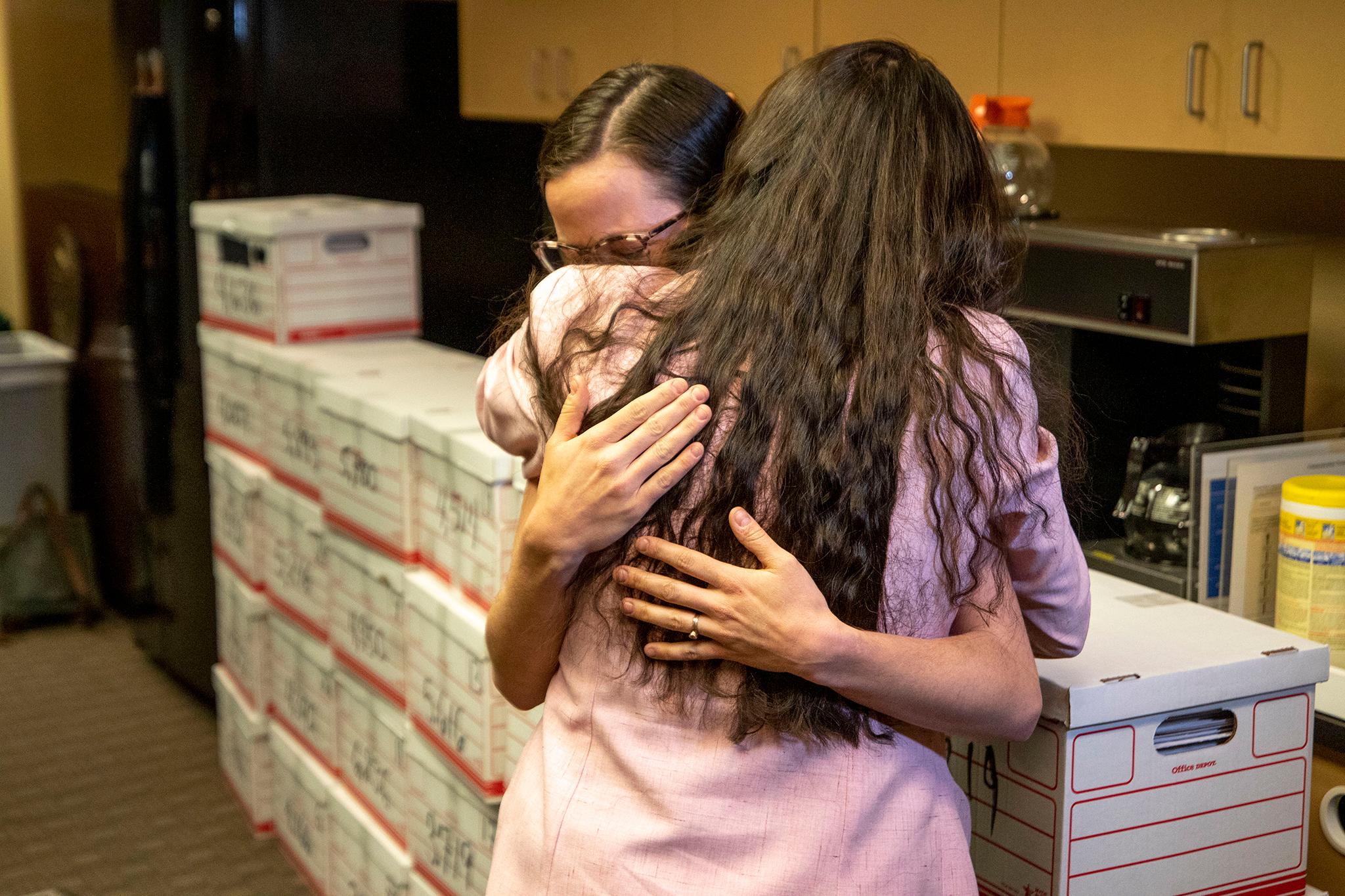
A group trying to outlaw abortion in Colorado after 22 weeks of pregnancy submitted petitions to the Secretary of State's office to qualify for the November ballot.
The organization, "Due Date is Too Late," says volunteers collected more than 135,000 signatures. They will need at least 124,632 valid ones to make the ballot. Groups generally try to turn in far more than the minimum the verification process generally results in many being thrown out.
"We're confident that it's enough to qualify, but are ready for any of the challenges that might lie ahead in case we would have to enter the cure period or whatnot," said Lauren Castillo, a spokeswoman for the effort.
Colorado currently allows abortion at any point during pregnancy at the discretion of a woman and her doctor. Opponents of the proposed 22-week ban say it's driven by politics, not medical science, and argue that it would require a pregnant woman to continue with a non-viable pregnancy if it wasn't diagnosed before the cut-off.
Most states ban abortion after a certain point in pregnancy, with most either setting it at 20 weeks or viability, which can be somewhat later, according to the Guttmacher Institute, an organization that studies and advocates for access to abortion and birth control. Colorado is one of a half dozen states that doesn't impose any time limit on abortion access.
The initiative would allow abortions after the 22-week point if the life of the mother were immediately at stake. Otherwise, a doctor who performed the procedure could be charged with a class-one misdemeanor and fined. The doctor would also have their medical license suspended for three years. The initiative specifies that the woman who sought the abortion would not be punished.
A week before the deadline to turn in its signatures, the initiative campaign was still around 33,000 short of the minimum. But organizers say a final push on Ash Wednesday and at weekend church services brought in the needed petitions.
"It was an all-volunteer effort," Castillo said. "It was just really exciting, and I think it was really indicative of the grassroots movement. As the word-mouth continued to spread, the momentum just continued to build."
The Secretary of State's office now has 30 days to review a selection of petitions to calculate whether the campaign has enough valid signatures. If the petitions are found insufficient, backers will still have an opportunity to turn in more to try to get over the needed threshold.
Colorado last voted on a pregnancy-related initiative in 2014, when voters rejected a proposed constitutional amendment that would have defined a developing fetus as a "person" under Colorado law.









